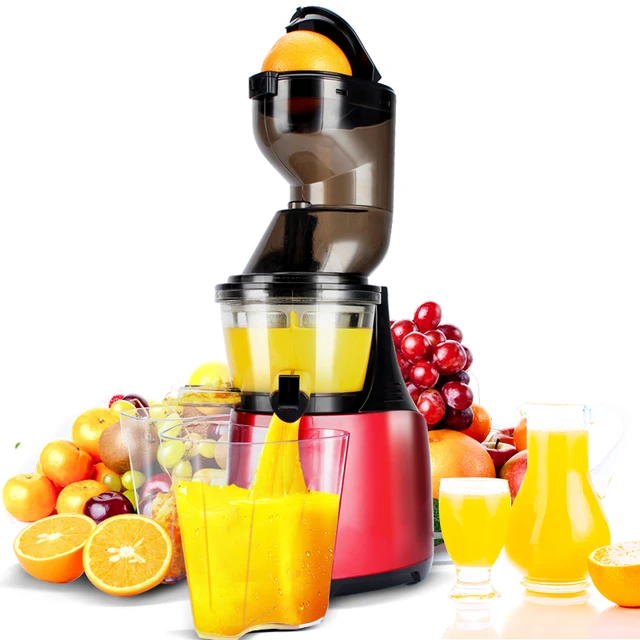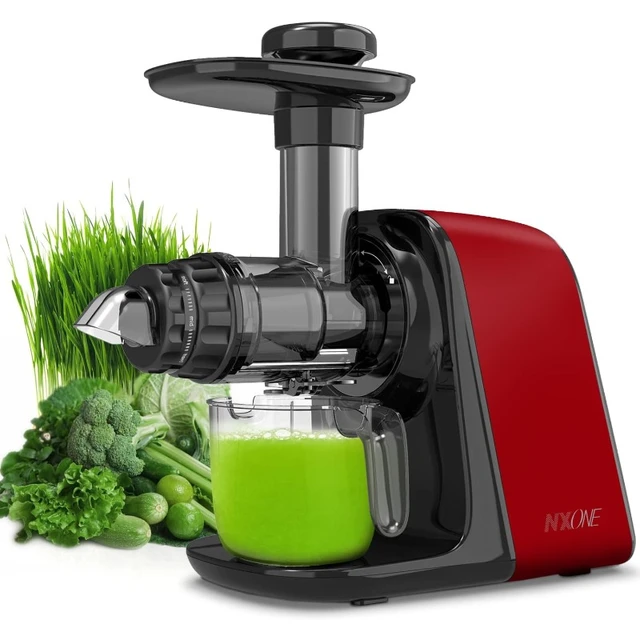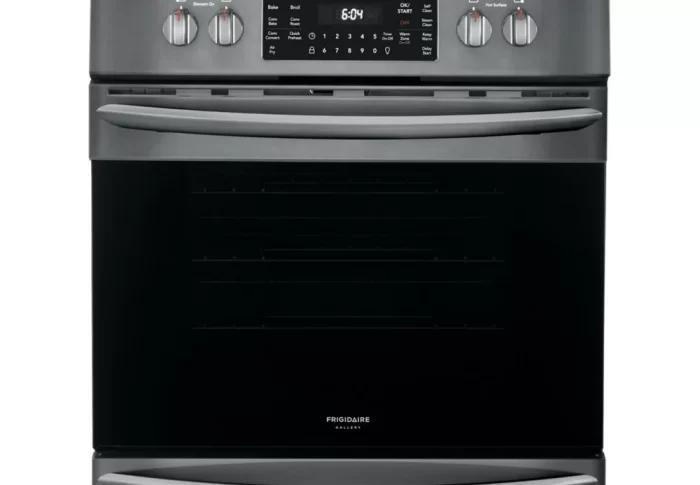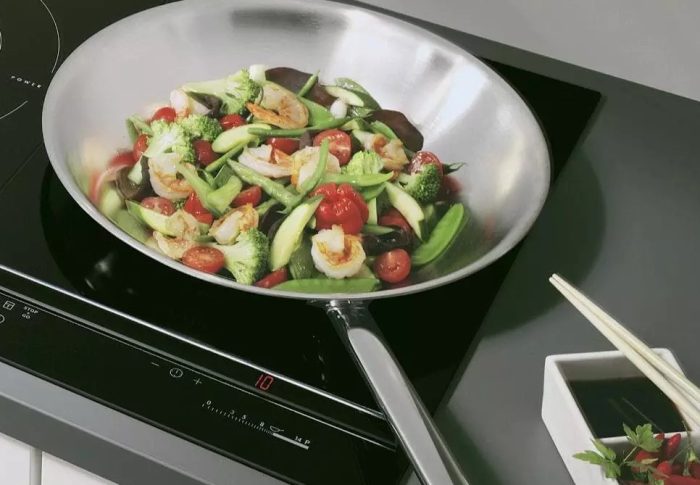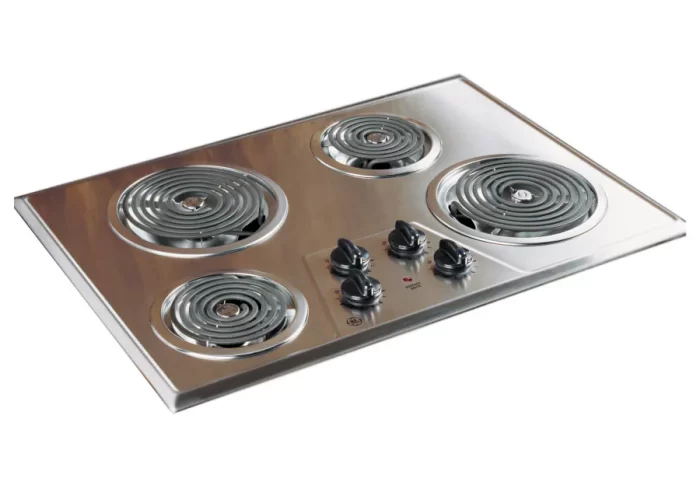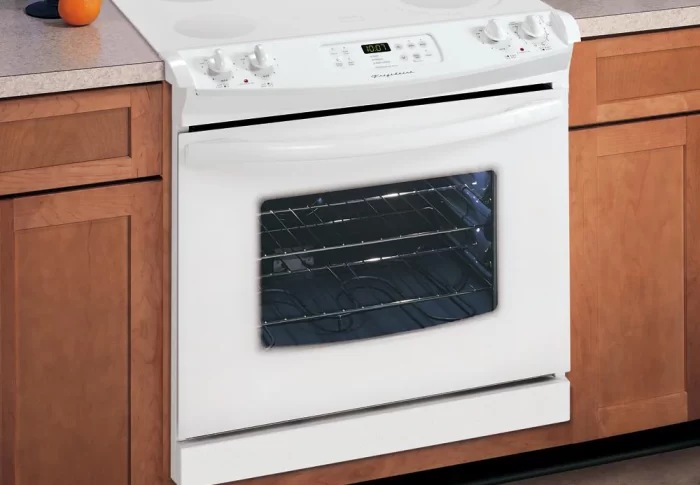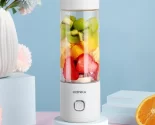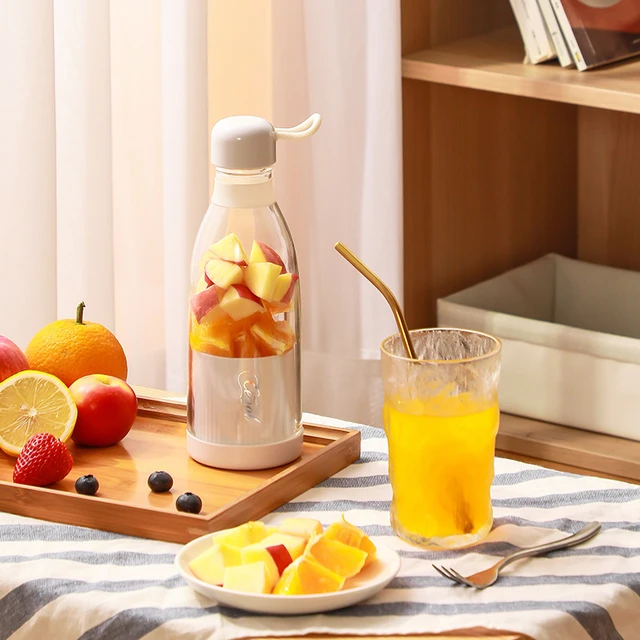
How Long Does Juice from a Juicer Last?
Juicing has become an integral part of many people’s health regimes. The process of extracting juice from fruits and vegetables provides a concentrated source of vitamins, minerals, and enzymes that can be beneficial for overall health. However, a common query that arises among enthusiasts is, “how long does juice from a juicer last?” Understanding the shelf life of juiced beverages is crucial for maintaining their nutritional quality and ensuring food safety. In this article, we will delve into various factors that affect the longevity of fresh juice, appropriate storage techniques, and the differences between fresh juice and store-bought options.
Factors Affecting Juice Shelf Life
Type of Juicer
The type of juicer you use plays a significant role in determining how long your juice will last. Generally, there are three types of juicers: centrifugal juicers, masticating juicers, and twin gear juicers.
- Centrifugal Juicers:
- Centrifugal juicers are known for their quick operation, slicing and spinning produce at high speeds. However, the rapid extraction method can introduce more air into the juice, leading to quicker oxidation.
- Shelf Life: Juice made using centrifugal juicers typically lasts about 24 hours when stored properly.
- Masticating Juicers:
- Masticating juicers operate at lower speeds and crush the fruits and vegetables instead of slicing them. This method minimizes air exposure and can retain more nutrients, contributing to longer shelf life.
- Shelf Life: Juice from masticating juicers can last up to 48 hours if refrigerated.
- Twin Gear Juicers:
- This type of juicer uses two gears to crush and extract juice. It is known for yielding high-quality juice while retaining nutrients and enzymes.
- Shelf Life: Juice produced by twin gear juicers can last 72 hours or even longer in ideal storage conditions.
Ingredients Used
The types of fruits and vegetables you use also impact the juice’s longevity.
- Fruits with High Water Content:
- Fruits such as watermelon and cucumbers have high water content but are also prone to rapid spoilage.
- Shelf Life: Juice from these ingredients generally lasts 12-24 hours.
- Leafy Greens:
- Ingredients like spinach and kale are nutrient-dense but can also lead to quicker oxidation.
- Shelf Life: Juice containing leafy greens may only last 24-36 hours.
- Citrus Fruits:
- Citrus fruits like oranges and lemons are known for their acidity, which can help preserve juice.
- Shelf Life: Juice from citrus fruits can last about 48-72 hours.
- Root Vegetables:
- Carrots and beets are less prone to spoilage and can contribute to a longer-lasting juice.
- Shelf Life: Juices made from root vegetables can last up to 72 hours or more.
Storage Conditions
The storage environment plays a crucial role in extending the shelf life of fresh juice. Here are factors to consider:
- Temperature:
- Juice should always be stored in a refrigerator at temperatures below 40°F (4°C). Higher temperatures can accelerate spoilage.
- Air Exposure:
- Oxygen is a significant factor in spoilage. Use airtight containers to minimize air exposure. Glass containers are preferable because they limit oxidation more than plastic.
- Light:
- Light can degrade nutrients in juice. Store your juice in opaque containers or in a dark place to reduce light exposure.
Time and Preparation
The timing of juicing also impacts the juice’s shelf life.
- Freshness:
- The longer juice sits after extraction, the more nutrients it may lose. Consuming juice as soon as it’s made is often the best option.
- Batch Size:
- Making smaller batches may allow for fresher juice but can also waste ingredients. Consider your consumption habits when deciding on batch sizes.
How to Store Fresh Juice
To maximize the shelf life of your fresh juice, following proper storage methods is key. Here are steps to consider:
Use of Airtight Containers
Container choice greatly influences how long your juice will last. Always store juice in:
- Glass Jars: Preferably mason jars, which can create a vacuum seal when closed.
- Plastic Bottles with Secure Lids: If glass is not available, make sure the lids fit tightly to reduce air exposure.
Refrigeration
Always refrigerate juice, even if it is for only a few hours. This reduces the growth of bacteria and helps keep the juice fresh.
Bottle Topping
Consider filling your storage containers to the brim. This minimizes air space and helps reduce oxidation.
Comparison with Store-Bought Juice
Understanding the differences between fresh homemade juice and commercially produced juice is vital for consumers.
Nutritional Quality
- Fresh Juice:
- Freshly made juice retains a higher level of nutrients, as it has not undergone pasteurization or extensive processing.
- Store-Bought Juice:
- Commercial juices are often pasteurized, which can kill bacteria but also destroy valuable enzymes and nutrients. They may contain preservatives and added sugars to extend shelf life.
Shelf Life
- Fresh Juice:
- Typically lasts about 1-3 days, depending on the factors we’ve discussed.
- Store-Bought Juice:
- Can last several months to a year, owing to preservation methods. However, the nutritional quality may be compromised in the process.
Cost
- Fresh Juice:
- Although making homemade juice requires an initial investment in a juicer and fresh produce, it can be cost-effective over time.
- Store-Bought Juice:
- While convenient, it often comes at a higher price point and may not give you the same health benefits.
Signs of Spoilage in Fresh Juice
It’s essential to know the signs that indicate fresh juice has spoiled. Here are factors to consider:
Change in Color
A significant change in color may suggest oxidation. If the juice begins to look brown or dull, it might be time to discard it.
Off Smell
Fresh juice has a characteristic aroma. A sour or off smell indicates spoilage.
Sedimentation
If you notice a thick layer settling at the bottom, it may be a sign that the juice has begun to spoil.
Taste Test
A small taste can help. If the flavor is off or sour, it’s best to err on the side of caution and dispose of the juice.
Tips for Extending Juice Freshness
Apart from the best storage methods, here are additional tips to ensure your juice lasts as long as possible:
- Add Lemon Juice: The acidity in lemon can act as a natural preservative.
- Use Cold Produce: Start with cold fruits and vegetables to help keep the juice temperature low during extraction.
- Batch Track: Label your containers with dates to keep track of freshness.
 Tips For Longevity
Tips For Longevity
Use Fresh Ingredients
To maximize the shelf life of your juice, always use fresh, organic ingredients. The quality of the produce directly influences the quality of the juice.
Clean Your Juicer
Cleaning your juicer immediately after use helps prevent any bacteria buildup that could contaminate future batches of juice. This clean frequency ensures that the juice remains safe and fresh for longer.
Consume Promptly
Although your juice may last 24-72 hours depending on various factors, the nutritional value starts to degrade almost immediately after juicing. Aim to consume your juice as soon as possible for the maximum benefits.
Final Thoughts
In summary, how long does juice from a juicer last? On average, fresh juice from juicers can last anywhere from 12 hours to 72 hours, depending on the type of juicer, the ingredients used, storage conditions, and preparation time. It’s essential to consider these factors and adopt safe storage practices to enjoy the full benefits of fresh juice. Making informed choices will not only maximize the nutritional aspects of your juice but also contribute to overall health and well-being. Ultimately, while fresh juice may not last very long, its benefits are well worth the initial effort. Whether you choose to drink it immediately or store it for later, understanding how to get the most out of your juicing experience is key to embracing the health benefits that come with it.

